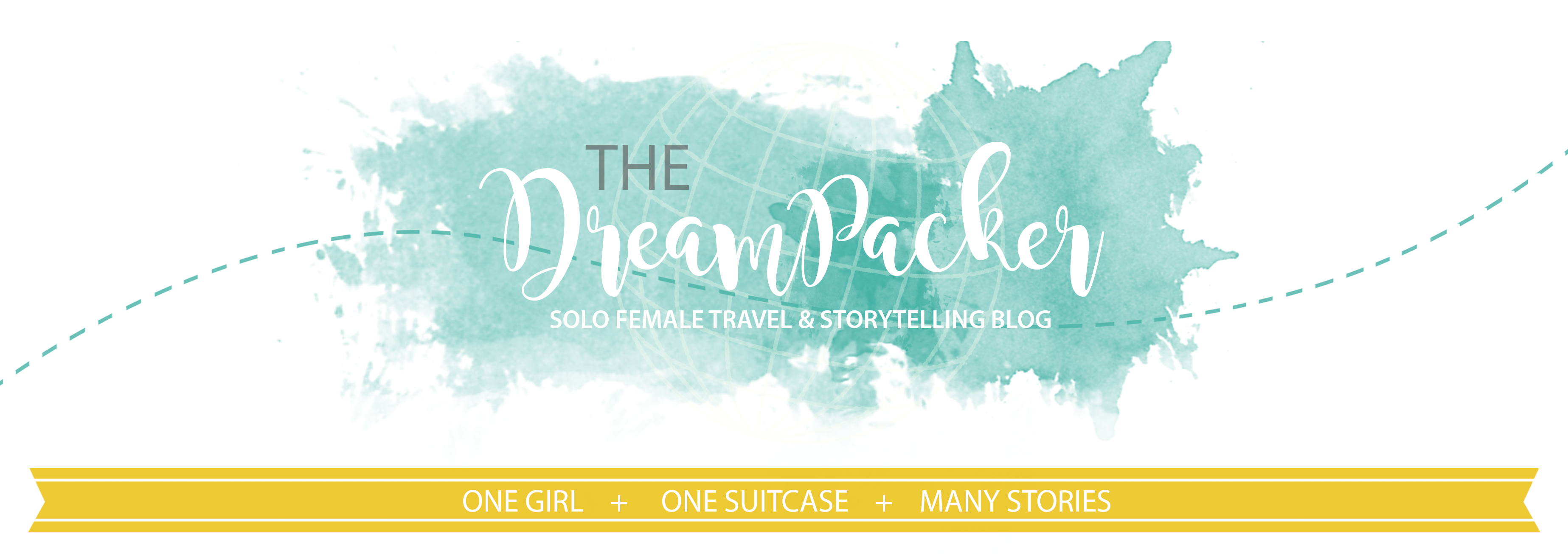“How long do we have?”
“Ten minutes, more or less.”
“One minute for each lost year.”
We both sat at the corner of the coffee shop in the platform nine, hidden in that forgotten station from a city between two borders which name I don’t recall anymore. We stared at each other, waiting for the countdown of our fortuitous encounter. He was going north. I was going to wherever place came to my mind before the train doors closed. Geography, more than the lack of expectations, had always been the “could have been” between us.
The clock struck ten to seven P.M., but the cups of tea were the ones that measured our time. I studied him while I sipped my Earl Grey and remembered the last time I saw him, ten years ago, at the edges of another platform in another city without memory. The day we both became into nothing more than reminiscences.
“You look different.”
“Do I?” His eyebrows rose while he lit a cigarette. The smoke blurred the edges of the present. Through that fog curtain that emerged from his lips, he almost looked like that boy I once met in the depths of a place I was beginning to forget, when I arrived to the city, with only three foreign words in my lips and a luggage filled with just a few yesterdays behind me.
“Yes.” I leaned forward, took the cigarette between his fingers and puffed it. “You used to have less histories written in the lines of your face.”
He laughed with a hint of bitterness in his voice while he leaned against his chair. “Is that your way to make me realize I’m old now?” His seditious smile widened at my reaction.
“Don’t be ridiculous,” I blurted out while I gave him the cigarette back, coughing a little bit. “We both know you are younger than me”.
He was going to answer when the waiter came by to leave a crystal ashtray on the table. I sharply thanked him in my native tongue, while the reminiscence faded away in my memory. Nevertheless, when he finally left, I discovered my interlocutor looking at me with eyes that spoke in past tense.
“You know? I always had this odd feeling that you lived backwards. That you were this elder woman who was rejuvenating little by little until fading, transformed into nothing more than an expectation.”
I snorted at his analogy.
“Not sure if I should take that as an offense or as a compliment.” I said while sipping my tea again. The platform clock that was behind him struck another minute less.
“As a course.” He answered with half a cynical smile. “It is curious how people think that if they had the chance to live again, they would commit fewer mistakes. I think it’s the opposite way. Man has an inexplicable addiction to screw up his life. This weird fascination for the chaos of himself.”
“Mistakes are the best storytellers.” I agreed. Our mutual smiles tasted like empty bottles of red wine, late nights of sex and lost years in the streets of a foreign country. “We are all sentenced to the passage of time.” I sighed when I looked at him and admired the distance between what he had been and what he was now.
We stared at each other in silence for a moment, like if we had all the future of the world ahead of us and we weren’t condemned to the whim of the seconds we had left. The clock hands froze. The strange passengers, the anonymous nationalities and the foreign destinations stopped in the middle of the platform. The polyglot voices of the street vendors, the whistling of the steam engines and the omens of the future that were announced by the retired speakers fell silent while the minute in which we dreamed about the time we spent together a decade ago went by. Finally, he spoke:
“You look the same for me. Maybe it is because I see the picture you gave me before you left all the time.”
“I never see yours.” I confessed without looking at him.
“Why?” There was no offense in his tone, just mere curiosity.
“Because you can’t idealize a photograph, but you can idealize a memory. While photographs are portraits of the reality; memories are portraits of our dreams.”
“Do you dream of me?”
“Not anymore. I can’t sleep now. I have insomnia of you.”
“Memories never expire.” He agreed. It was brief, but I could see the tentative movement of his hand trying to reach mine, but it was the exact same moment in which I moved my palm to grab a lock of my hair and place it behind my ear. He slightly deviated his trajectory to grab the sugar bowl and sweeten his dark tea. He was diabetic.
“Reality does”, he sighed. Defeated by the wind’s will, he leaned back against his chair and lit a second cigarette. He buffed deeply and set the smoke free between his lips. It blurred the space between us while he stared at me as if he preferred to look me trough a smoke curtain that concealed the passage of time.
“So?” He put an arm behind his head and stretched out with a fake laziness that concealed his intrigue. “Did I achieve your dream expectations?”
I laughed sardonically.
“I left the few I had in the last train. They were too heavy. Now you are just real.”
“You give me the opposite impression. I think you are a chimera. You seem to be in the limbo between reality and imagination. That exact moment before falling asleep. When you don’t know if you are dreaming or remembering. I’ve felt it since I met you.”
The sun acted as a light clock that subtracted minutes of our reminiscence. I smiled at the retrospection of the encounter with that man, made of past tenses. The madness formula is reduced to once glass, a piano and the absence of common sense.
“I still remember that night.” I smiled drinking the last sip of my cup, but leaving a few drops in the bottom, as if my reluctance to finish the tea could extend the last few seconds of him. “You had me with three chords of Sinatra and two verses of Sartre.”
“Those were pretty fine verses.” He looked at his cup, but he didn’t drink. “I remember it too. I used to sit in front of the piano and you sang to me in my ear.”
“Then we smoked, talked and made love until sunrise.”
“Or until we finished the money to pay the room.”
“And then we had to play in empty metro wagons with your five string guitar and my illiterate verses.”
We both laughed while the year we spent traveling around with a bunch of expectation faded away in just one minute. An old lady wrapped up in veils approached to us with a trembling step to sell us some necklaces and, once he bought her one, we started to conjugate the verbs in present again. We only had a few drops of tea in our cups.
“I miss those days when we were stupid enough to believe we could change the world with a pen and a pentagram.” He took his cup in his hands and stared at the remaining liquid. The last drops of tea marked the seconds we had left to steal from time.
“We are now ever stupider, we think we can change the past.”
“Past changed us.” His words were accompanied by the incessant tic-tac of the tower clock that echoed behind us. We only had one minute left before the arrival of the trains that will take us to our anonymous destinies. “Just now.”
“It’s funny how, even though we try, we can never reach it, but somehow, it always reaches us.”
“Past is so fleeting that it punishes us with memory.”
We looked at each other in the mutual understanding that we shared since the day we first met. We raised our cups at the same time and toasted for the death of our last sixty seconds, which were about to become past tense. An then, we both waited, expecting the sound that would announce the arrival of the trains, but the howl never came.
“Curious.” He confusedly looked at the watch that was tied in his wrist in a poor attempt to make time his prisoner. Nevertheless, the hands had stopped. “Is my watch broken or are we nothing but a memory in the minds of our future selves?”
The waiter came to our table again when the clock finally struck seven P.M. Nevertheless, the train never arrived to the station and we both smiled while we ordered another pot of tea.

